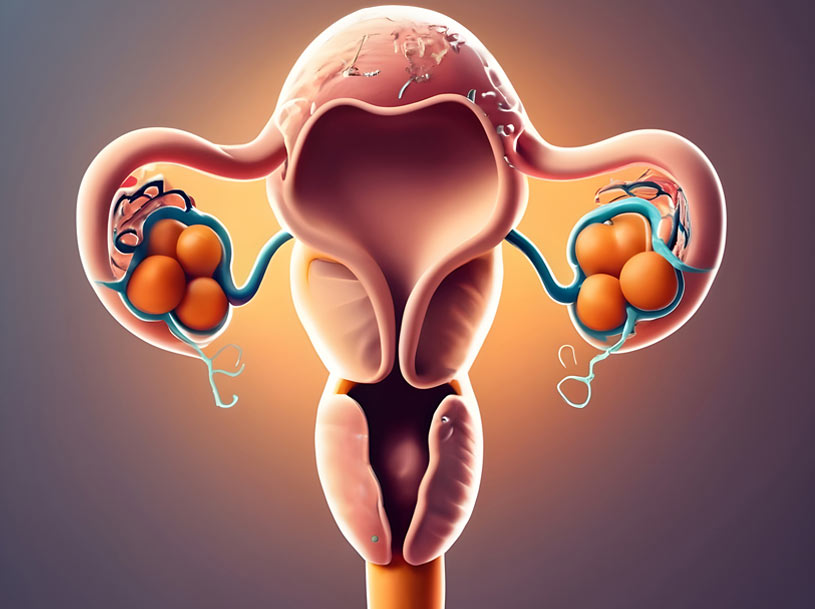15-E, Jay Bharat Soc.
Khar West, Mumbai-52
+91 84199 18281
24/7 Customer Support
Mon - Sat: 11:00 - 18:30
Online store always open
Khar West, Mumbai-52
24/7 Customer Support
Online store always open

Polycystic Ovarian Disease (PCOD) is a common hormonal disorder affecting women of reproductive age. It involves the presence of multiple cysts on the ovaries, which can lead to various health issues. Women with PCOD often experience irregular menstrual cycles, excessive hair growth, acne, and obesity. The condition is linked to an imbalance in the body’s hormones, particularly estrogen and progesterone.
The symptoms of PCOD can vary widely among women but commonly include:
The exact cause of PCOD is unknown, but several factors may contribute to its development, including:
Diagnosing PCOD typically involves several steps:
PCOD symptoms can be managed through various treatments, including:
Indian flower remedies are a form of alternative medicine that uses flower essences to address emotional and psychological issues, which can indirectly help with physical symptoms of PCOD. These remedies are believed to help by:
While flower remedies are considered safe and have few side effects, they should be used as a complementary treatment alongside conventional medical treatments. Consulting with a healthcare provider is essential for a comprehensive approach to managing PCOD.
